ELEVENTH HOUR — Finding hope in grassroots climate action ahead of COP28
Paris promised, so Marrakech must deliver. Oh, maybe Bonn, or Katowice, or Madrid will deliver. Oops, let’s try this again. Paris promised, and Glasgow will deliver. Still, no? Okay, Sharm El-Sheikh will deliver. Okay, maybe this time we’ll get it right; Dubai must deliver.
It seems like the world is stuck in an endless loop of setting promises without taking action. Eight years after 192 countries agreed to stop global warming to 1.5 degrees Celsius, the world is still far from making this a reality.
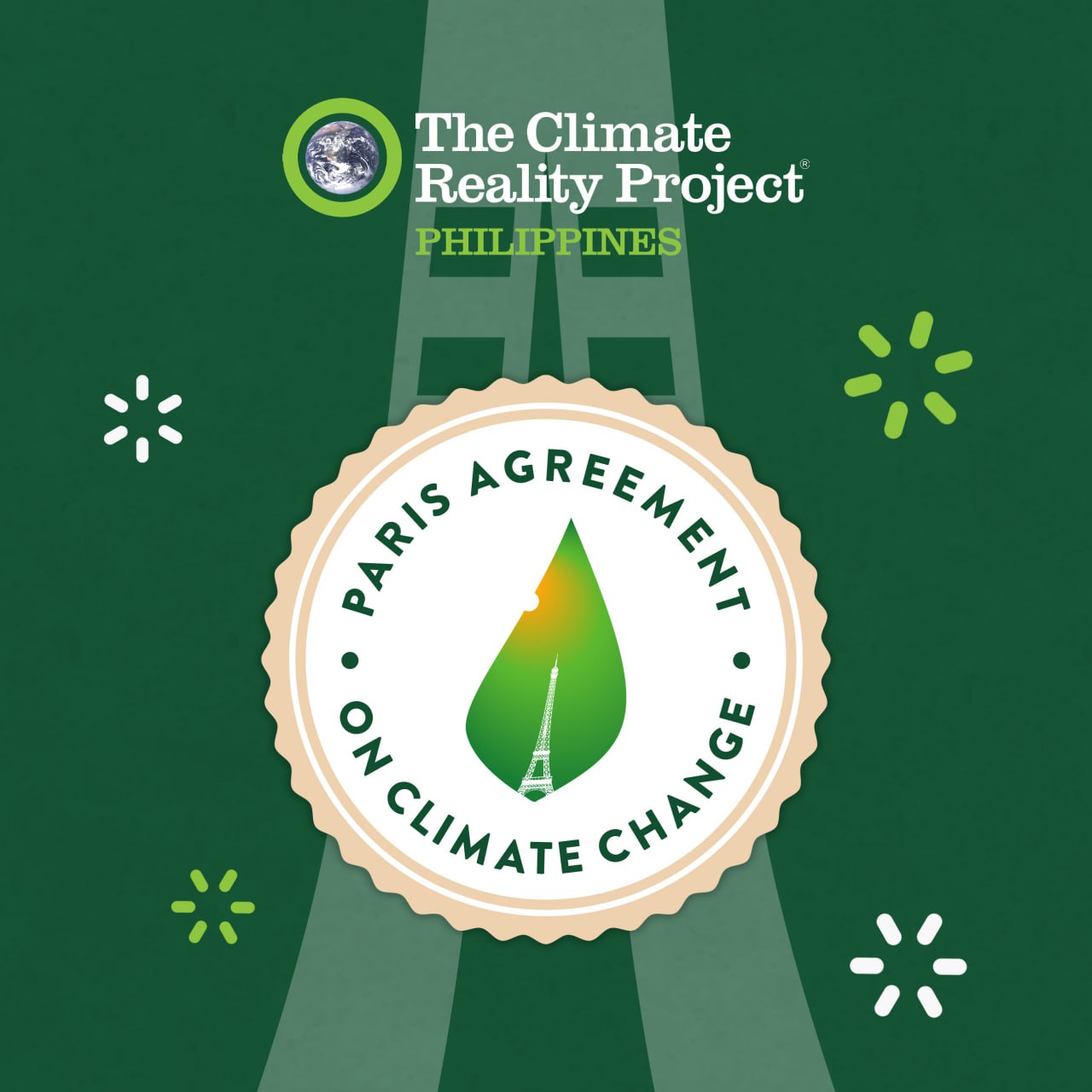
Ever since the Paris Agreement was put into force more than half a decade ago, the world is heading toward exceeding 2 degrees Celsius by the end of the century, overshooting 1.5 before the middle of this century. Exceeding this temperature goal means that climate impacts will worsen, both in frequency and magnitude, putting the most vulnerable population at an even higher risk. Moreover, even if all countries implement their climate targets, that’s still not enough to get us to where we should be.
And yet, countries act as if they are doing enough. Every chance they could get, during international climate events, such as those organized by the United Nations, governments around the world parade their so-called ambitious climate commitments, especially the developed countries. They say they plan to get to net zero emissions between 2040-2060, provide climate finance, or assist developing countries in adapting to the impacts of climate change. Pretty ambitious, eh? But when you look at these pronouncements more closely, they’re nothing but empty promises.
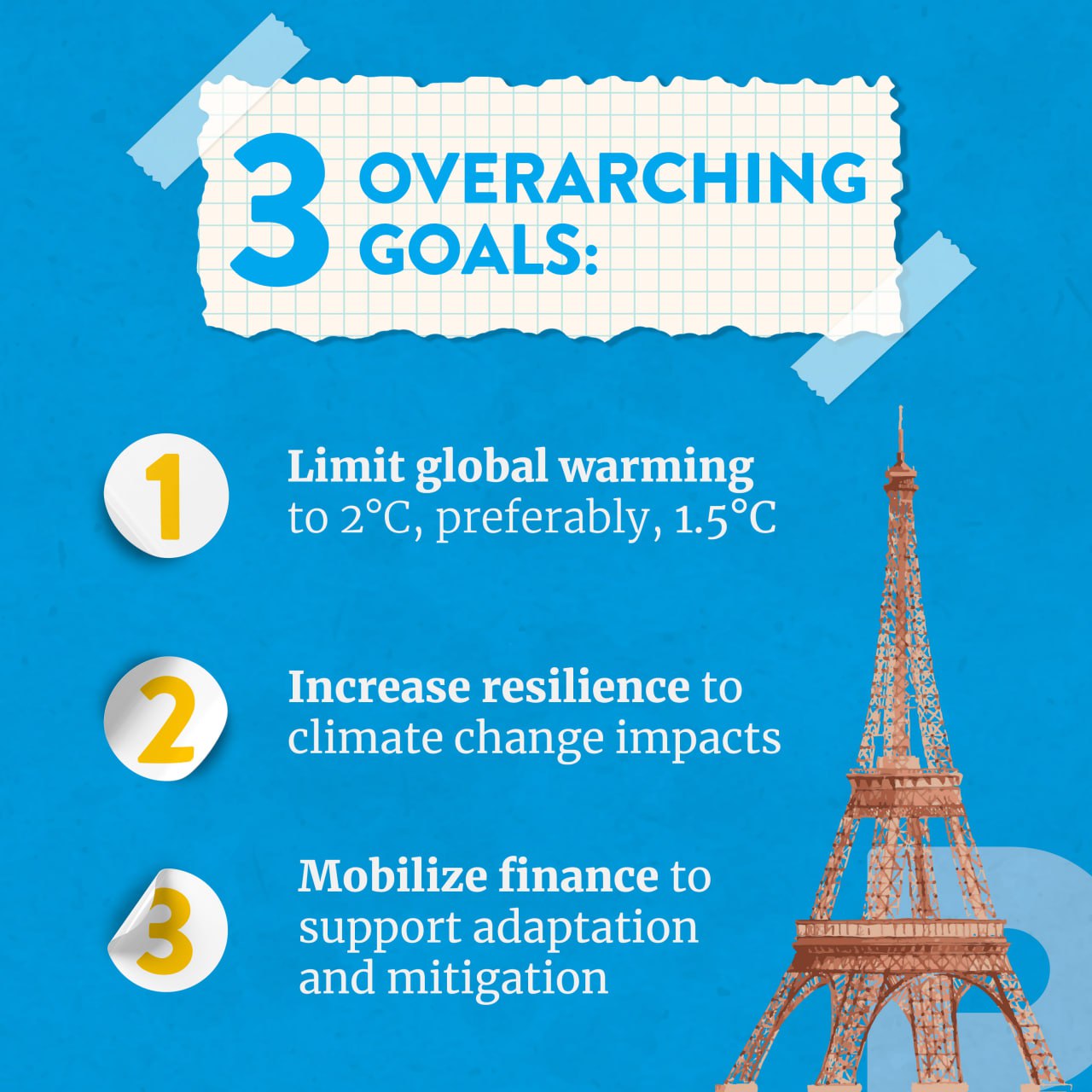
Did they say that they plan to get to net zero? Sure, but they will continue increasing their emissions this decade and just deal with emissions reduction later. Climate finance and support to developing countries? Go ahead, but most of these will be in terms of loans, allowing these already rich countries — which, by the way, got rich because of exploiting the resources and the people of developing countries — to profit off of the suffering of developing countries.
Do you see how absurd these things are?
This year, 2023, marks the first checkpoint we have to assess the actions each country is doing vis-à-vis the goals of the Paris Agreement. A synthesis report from the Global Stocktake Technical Dialogue revealed that we’re not close to reaching any of our goals, may it be in Mitigation, Adaptation, or Means of Implementation, including finance. And this is no news; the Nationally Determined Contributions (NDC) synthesis reports, published by the UN Climate Change Secretariat, show that countries’ climate commitments are insufficient.
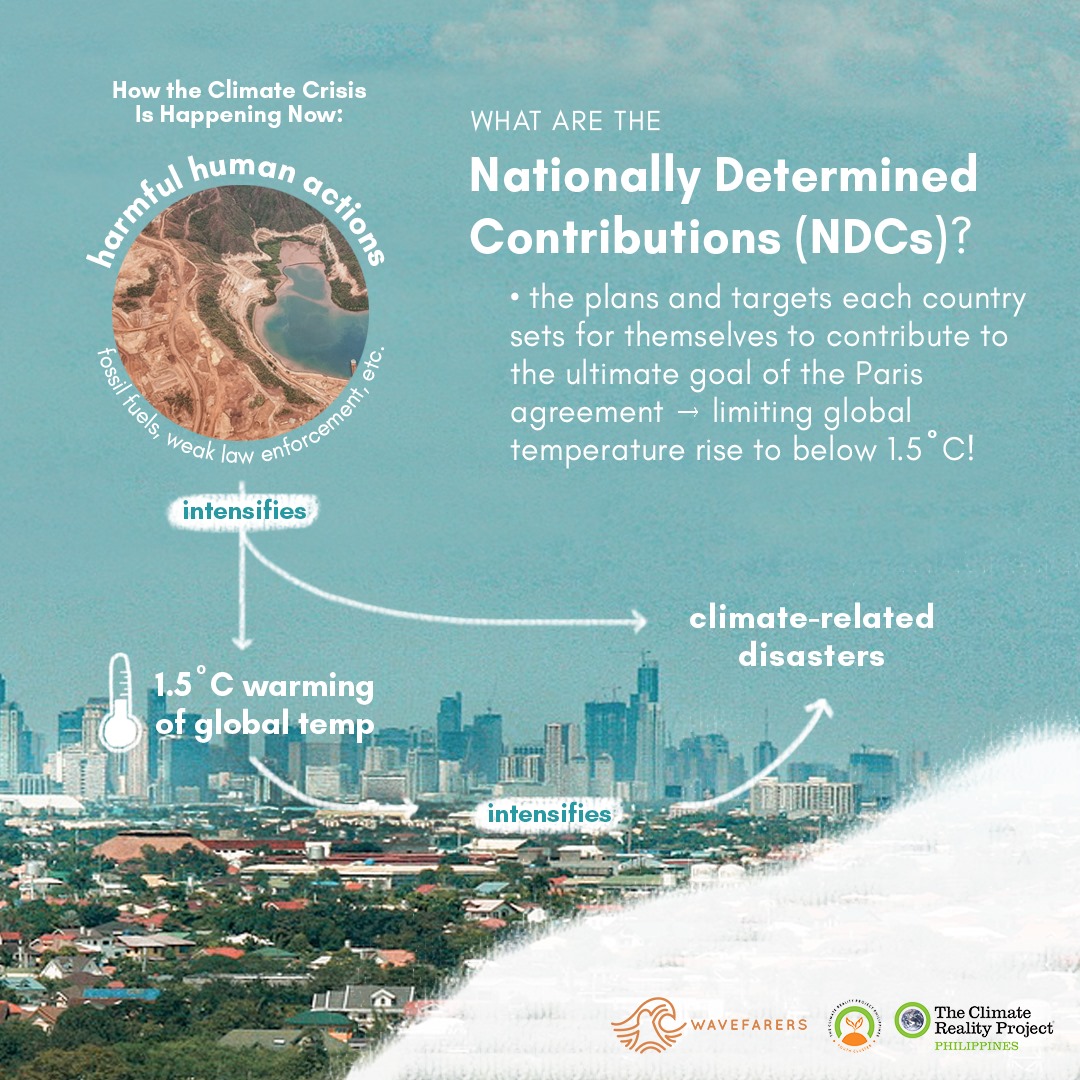
Disturbingly enough, the current climate commitments show that we will even increase our emissions by 2030, completely ignoring the suggestion of the Intergovernmental Panel on Climate Change (IPCC) Special Report on 1.5 to decrease global emissions to half by 2030.
Now, we’re days away from COP28, which will happen in Dubai, United Arab Emirates. It’s funny enough that the CEO of the state-owned fossil fuel company is at the helm of this COP. Just a few days before writing this piece, a new report showed that fossil fuel-producing countries plan to “produce around 110 percent more fossil fuels in 2030 than would be consistent with limiting warming to 1.5°C, and 69 percent more than would be consistent with 2°C.”
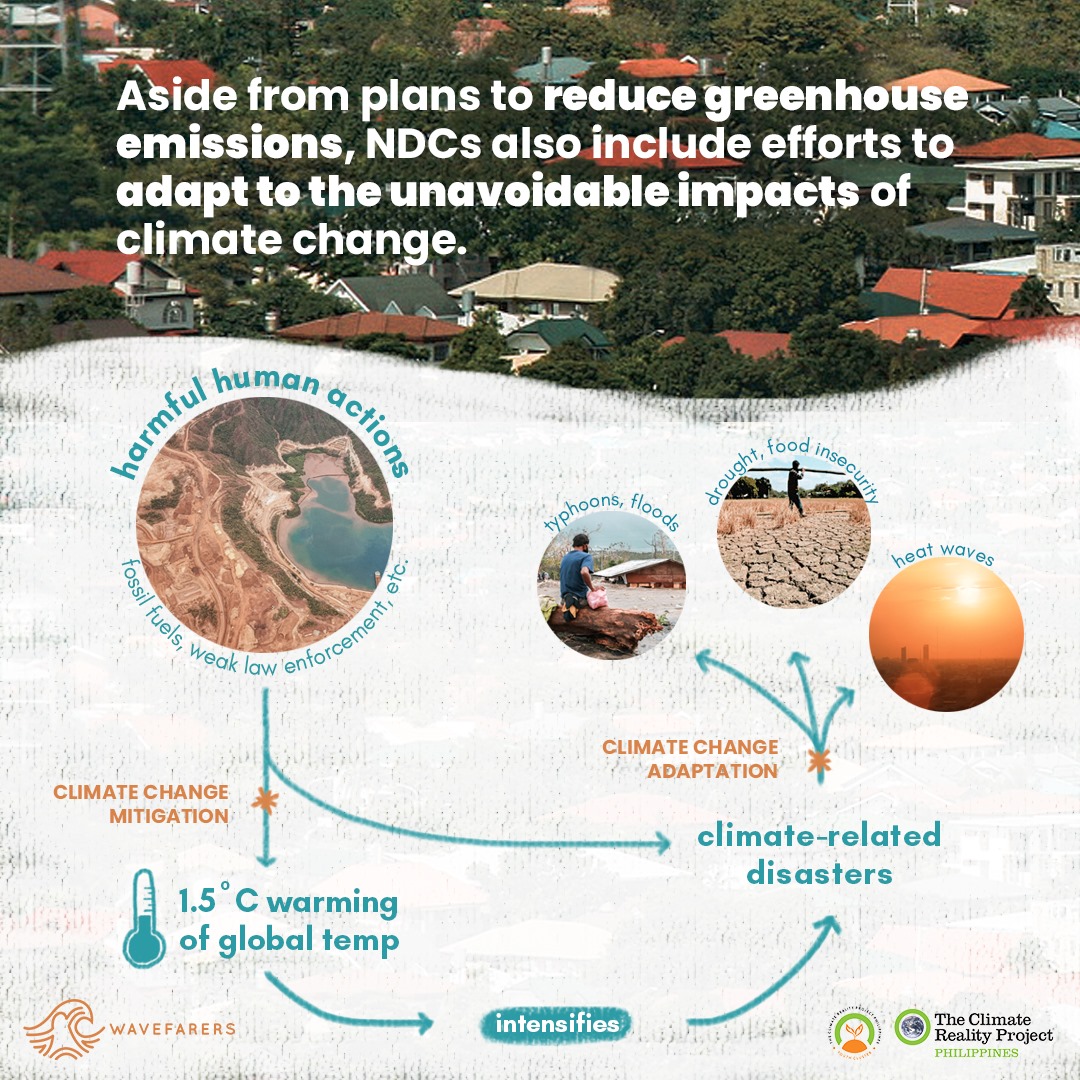
So, where do we find agency in times like this? How do we remain hopeful when the world around us is looking more and more bleak?
We find agency from each other. If not us, then who?
Despite these absurdities, climate activists, youth leaders, and local leaders are pursuing actions toward addressing the climate crisis. There are people tirelessly pushing for solutions from the ground up to halt emissions and help communities adapt to the impacts of this crisis. It’s not just because people, especially those from the most vulnerable countries and sectors of society, are fighting for their survival. But also because people want to reshape the world, transform it, and make it a place where people will thrive, a world that is climate resilient, low carbon, and anchored on climate justice and equity.
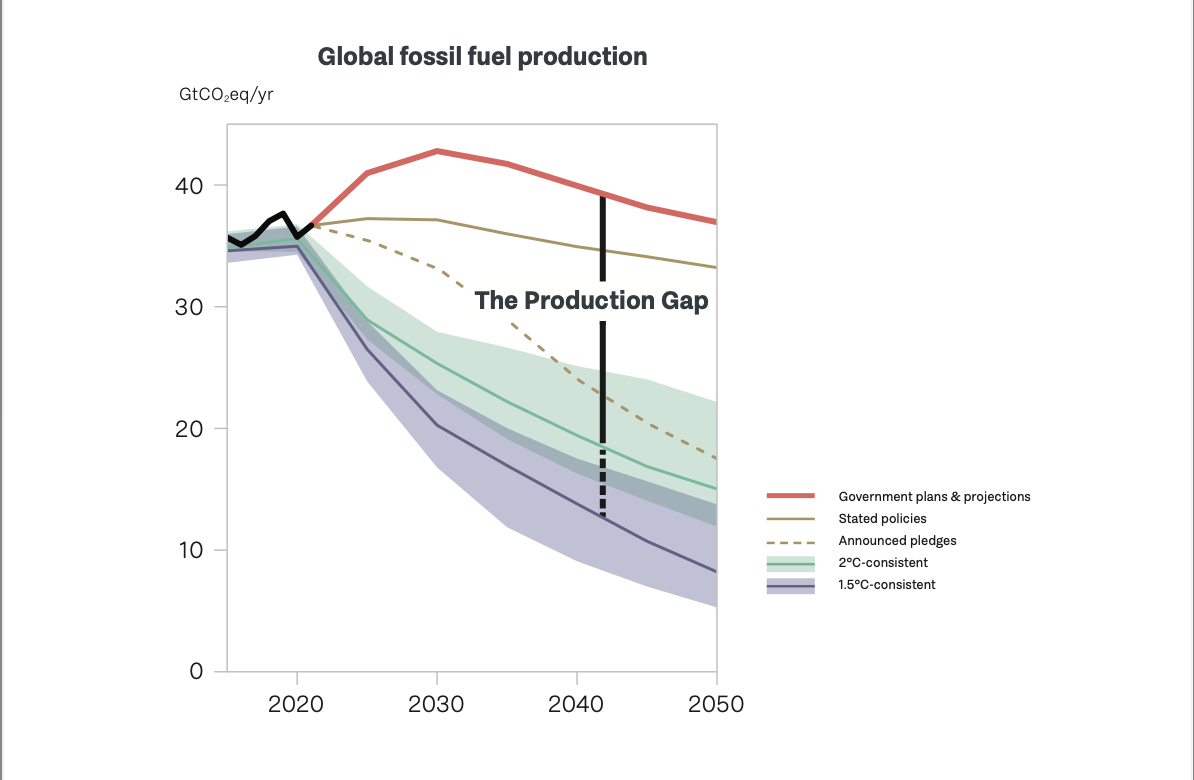
As a young person, it is indeed frustrating to see the “progress” the world is having. But seeing how people drive climate action from the ground inspires us to continue fighting for a better world. Our home, the climate movement, is our fountain of hope. The people in it are rays of sunshine, providing light in this seemingly dark world.
Quoting Rebecca Solnit, “To hope is to give yourself to the future, and that commitment to the future makes the present inhabitable.” I invite everyone to remain hopeful despite the current circumstances. Yes, it may be difficult, but it’s not impossible. Let’s transform our grief, anger, and frustrations into a force that will drive us toward making this world a better place for everyone. And if you are still asking where to get that hope . . .
We are each other’s hope.
About the Author: Keith Sigfred Ancheta is a climate advocate, communicator, and stubborn optimist. He volunteers as one of the youth coordinators of the Climate Reality Project Philippines and co-leads projects on youth empowerment, climate policymaking, and capacity development. In 2021, he became a mentor for the global training of the Climate Reality Leadership Corps. He is a researcher-educator by training and profession, finishing his Bachelor of Secondary Education (Biological Sciences) in 2019 at Saint Louis University and his Master of Science in Microbiology at the University of the Philippines Diliman in 2023. He currently works as a technical associate of Parabukas.